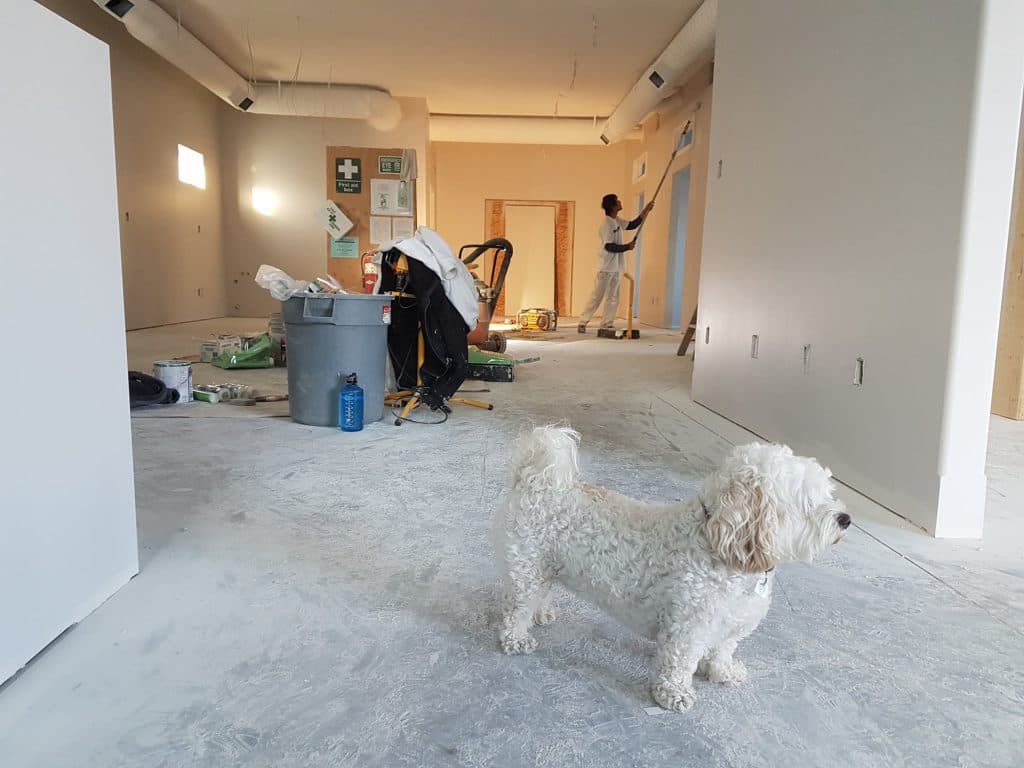The eviction process in Ohio involves several steps and fees that landlords must be aware of. Knowing the potential costs associated with an eviction can help landlords properly budget and prepare for this legal procedure.
In this article, we will explore the different fees and expenses landlords may incur when evicting a tenant in Ohio.
How Much Does It Cost To Evict Someone In Ohio?
Court fees for evictions in Ohio vary depending on the specific court but generally range from $120 to $250 or more just for filing the initial eviction case. Service of the summons and court documents on the tenant by the local sheriff's office typically costs between $6 to $25 as well.
If the landlord receives a writ of execution ordering the removal of the tenant, more fees around $60 apply. Appealing an eviction ruling may include additional filing fees of $90 to $100. So in most Ohio counties, court and process service fees alone start at a minimum of $200 and can exceed $350 depending on the jurisdiction and specific case.
Related: Do I Have 30 Days To Move After An Eviction?
Lawyer Fees for an Ohio Eviction

For legal representation, the average cost of an eviction attorney in Ohio is $500 to $10,000, though fees often fall in the $750 to $2,500 range. More complex cases involving lengthy hearings, appeals, or unusual defenses raised by tenants tend to be on the higher end of this spectrum.
Hiring a lawyer is recommended, especially for landlords unfamiliar with eviction procedures and Ohio landlord-tenant law. Attorneys can guide landlords through the legal process and increase the chances of a swift, successful outcome.
Additional Potential Costs
On top of court and lawyer fees, there are other potential expenses to budget for. If a tenant contests the case, landlords may have to pay additional filing fees for continuances or responses that can delay the process.
Once the eviction is approved and the sheriff serves the writ of removal, locksmith fees around $160 are common to change the locks after tenants are removed. Storage and disposal of any abandoned tenant property as required by law may also involve variable costs.
And of course, landlords lose rental income during the time tenants occupy the property but do not pay rent until the eviction is finalized.
How Long Does an Eviction Typically Take in Ohio?
Most Ohio landlord-tenant attorneys estimate the average eviction takes between 5-8 weeks from start to finish. However, the specific timeline can vary significantly depending on factors like:
-
The type of eviction notice served (3 days for unpaid rent vs 30 days for lease violations)
-
How quickly the landlord files the eviction case after the notice expires
-
Whether the tenant responds to the summons or contests the case
-
Any continuances or delays from the court's docket and scheduled hearings
-
The timeline for the sheriff to post and enforce the writ of removal
-
Potential tenant appeals that can pause enforcement for weeks longer
Ideally, an uncontested eviction could be resolved within 30-45 days. But tenants have various legal rights to respond that can reasonably extend the process into 2 months or more. Careful planning is important when budgeting timeline and cost expectations.
What Rights do Tenants Have in an Ohio Eviction?
While landlords hold the ultimate authority to terminate leases, Ohio law provides tenants in eviction proceedings certain minimum rights to ensure due process. For example:
-
Tenants must receive the proper form of eviction notice informing them of the alleged violation and timeframe to remedy issues.
-
They are served a summons notifying them of the court hearing date at least 7 days in advance.
-
Tenants may file written answers and dispute the claims against them in a courtroom setting.
-
Requesting a jury trial or brief continuances are allowed under certain conditions.
-
Challenging an adverse ruling with the right to appeal keeps possession disputes valid until higher courts make a determination.
Securing these tenant defenses could mean delays that increase landlord costs and lost rent revenue throughout litigation. However, the legal process also ensures basic fairness for all involved.
What is the Process for Evicting Squatters in Ohio?
While rare, landlords may also need to legally evict squatters living in vacant units without permission or a lease. Squatters have no normal tenant rights but can potentially claim possession after living continuously on the property openly for at least 21 years in Ohio under adverse possession laws. Otherwise, the usual eviction process applies by:
-
Filing a forcible entry and detainer case with the court while providing required notice.
-
Allowing local law enforcement to immediately remove trespassers without formal proceedings.
-
Applying to the court for a writ of restitution if squatters refuse to depart voluntarily after notice expires.
Always contact local authorities rather than taking matters into one's own hands when dealing with squatters on privately owned real estate.
Conclusion
As this article has shown, evicting tenants in Ohio includes upfront court costs, potential lawyer fees, possible delays from legal defenses, and landlord lost rent expenses that usually amount to several hundred if not thousands of dollars in total.





